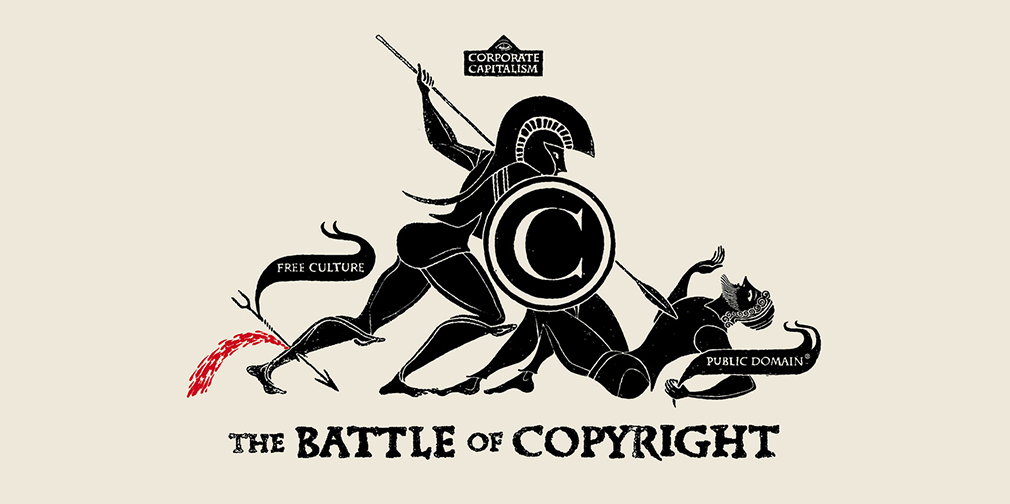Theodore Lowe, Ap #867-859
Sit Rd, Azusa New York
Find us here
Intellectual Property Rights in India

“Your intellect has value as long as its products are protected and not infringed upon”
It is no secret that Samsung and Apple have been fighting patent wars in the courtrooms since 2012. Recently, Samsung was ordered to pay Apple $548 million for infringing Apple’s patents. The Apple-Samsung war singlehandedly shows how important intellectual property protection is.
In this knowledge based and technology driven economy, your technology, brand and other intellectual property are your most important assets. Hence, adequate intellectual property protection is of utmost importance.
The early stages of your business may prove to be difficult in terms of protection of your intellectual property. Intellectual property rights (IPRs) are proprietary and commercial rights you possess over your work. As a startup founder, you must take necessary steps to protect your Intellectual property. Each IPR protect certain aspects of your business and therefore it is important to be aware of your IPRs.
IPs is a bundle of many intangible assets such as patents, copyrights, geographical indications and industrial designs. Each of them is different in scope and application.
Patents
Patents are exclusive rights granted for an invention. This invention may be a product or a process as well. An owner of a patent has the sole right over the invention. This means that the invention cannot be commercially made, used, distributed, imported or sold by others without the patent owner’s permission. A patent protection is generally granted for twenty years from the filing of application. Once this time period of twenty years expires, the knowledge become part of the public domain.
The Indian law mandates that a patent must fulfill the following criteria to qualify for patent protection:
- It must be novel;
- It must be capable of industrial application,
- It should be non-obvious
There is an additional requirement of usefulness that an invention must fulfill for being patented.
Patents are the most important IP in areas like electronics, pharmaceutical, biotechnology and manufacturing businesses. It can be employed to preclude your entering the market or using new technologies. The details of all the patents are publicly disclosed. This public disclosure of the technical knowledge encourages further innovation and inventions.
Before you start using a technology and invention, you should check if it does that it violates any patent right. If it does, you should obtain a license from the patent right holder.
Copyright
Copyrights play a very important role in areas like music, films, entertainment, softwares, internet related businesses and publishing arts. According to The Copyright Act, 1957, a copyright subsists in an original literary, dramatic, musical or artistic work, cinematograph films, and sound recordings. This means that you can claim a copyright on a variety of your original works. This may include books, music, paintings, sculpture, and films and even computer programs, databases, advertisements, maps, and technical drawings. You must note that a copyright will only protect your expression of ideas and not the idea or concept itself. Also, facts, titles, phrases, and forms cannot be copyrighted.
Copyrights in original literary, dramatic, musical and artistic works is granted for the lifetime of the author or artist, and 60 years counted from the year following the death of the author. In other cases such as cinematograph films, sound recordings, posthumous publications, works of government international organizations, it is granted for a period of 60 years.
Often startup founders undertake efforts to protect their codes and algorithms. Claiming copyright protection on the codes and algorithms can help them in protecting their work.
Trademarks
Ever wondered why you cannot use any famous brand name or its logo without that company’s consent? It is because the brands, logos, domain names, symbols are protected through trademarks. The Trademarks Act, 1970 regulates the protection of trademarks in India.
Simply understood, Trademarks are those signs that distinguish one company from another. For instance, your company’s logo or Mark Zuckerberg’s brand ‘Facebook’ distinguish your products from other products in the market. Hence, it is important that you take adequate steps to ensure that no one else is able to use these core identifying elements of your business.
As a part of your trademark, the protection can extend to any word or a combination of words, letters, and numerals. Apart from these, drawings, symbols, three-dimensional features such as the shape and packaging of goods, non-visible signs such as sounds or fragrances, or color shades can also be protected under a trademark.
Startup founders should obtain trademarks early in the business. It is important that you carry out due diligence before claiming protection over your trademarks. As the business grows, you also need to keep an eye out for any potential infringements to avoid any confusion amongst your consumers.
Geographical Indications
A Geographical Indication is a sign used on products signifying a specific geographical origin or location and qualities attributable to that particular geographical origin. For instance- Darjeeling Tea, Scotch, Mexican Tequilla or Swiss Watches.
A Geographical Indication must identify a product as originating in a given place. It is only granted if the quality or reputation of the product is due to the place of origin.
Industrial Designs
As per the Designs Act, 2000, a “design” means only the features of shape, configuration, pattern, ornament or composition of lines or colours applied to any article whether in two dimensional or three dimensional or in both forms, by any industrial process or means, whether manual mechanical or chemical, separate or combined, which in the finished article appeal to and are judged solely by the eye. An industrial design is valid for a maximum period of fifteen years.
A design shall not be registered if:
- It is not new or original;
- It has been disclosed to the public anywhere in India or in any other country by publication in tangible form or by use.
- it is not significantly distinguishable from known designs or combination of known designs; or
- It comprises or contains obscene elements
The registration of your design will confer upon you a “copyright” with respect to the design. This will grant you the exclusive right to apply and use the design to any article in any class in which the design has been registered.
Trade Secrets and Confidential Information
The trade secrets and confidential information is best protected through agreements and internal policies. A Non-Disclosure Agreement with employees and other stakeholders can ensure that those privy to your sensitive and confidential information do not disclose them to any third party.
Your manufacturing secrets, formulae, recipes, practices, patterns, or compiled information such as list of consumers can be protected as a trade secret.
Recently, the Narendra Modi Government announced that it will bear the entire cost of facilitation for filing of patents, trademarks and designs. This is a step in the right direction because it will promote innovation and fuel investment.
All startup founders should get their IPs registered to increase the value of their investment in the business. Further, it also serves as a evidence in case of intellectual property violations. Proper documentation in the form of non-disclosure agreements, watertight employees and independent contractors agreements, licensing or user agreements, and assignment agreements go a long way in avoiding bottlenecks in IP issues.



Sophie Asveld
February 14, 2019
Email is a crucial channel in any marketing mix, and never has this been truer than for today’s entrepreneur. Curious what to say.
Sophie Asveld
February 14, 2019
Email is a crucial channel in any marketing mix, and never has this been truer than for today’s entrepreneur. Curious what to say.